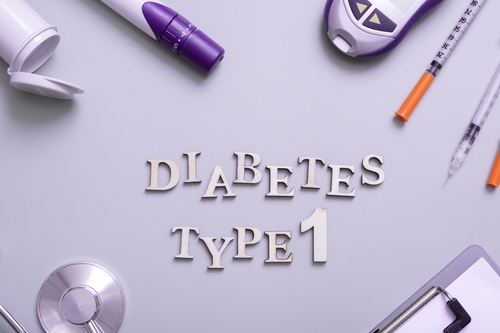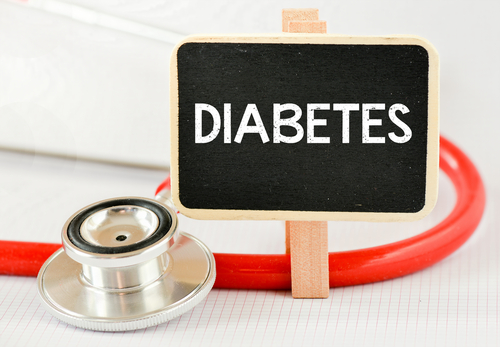
A new analysis has found that COVID-19 infection may increase the risk of heart attack, stroke and all-cause mortality up to three years for people both with and without cardiovascular disease (CVD). The findings were published in the American Heart Association’s peer-reviewed journal Arteriosclerosis, Thrombosis and Vascular Biology.
“We found a long-term cardiovascular health risk associated with COVID, especially among people with more severe COVID-19 cases that required hospitalization,” said lead study author James Hilser, M.P.H., Ph.D.-candidate at the University of Southern California Keck School of Medicine in Los Angeles via a press release. “This increased risk of heart attack and stroke continued three years after COVID-19 infection. Remarkably, in some cases, the increased risk was almost as high as having a known cardiovascular risk factor such as Type 2 diabetes or peripheral artery disease.”
In this study, researchers assessed genetic data in the UK Biobank for more than 10,000 adults, consisting of around 8,000 patients who had tested positive for the COVID from February 1 to December 31, 2020 and about 2,000 who tested positive for the virus in a hospital setting in 2020. This patient population were compared with 200,000 adults who had no history of COVID infection during the same time frame.
According to the findings:
- During the nearly 3-year follow-up period, the risk of heart attack, stroke and all-cause mortality was more than two times higher among adults who had COVID-19, and nearly four times greater among adults hospitalized with COVID-19, compared with the group with no COVID history.
- People hospitalized with COVID-19, without CVD or without Type 2 diabetes, had a 21% greater risk of heart attack, stroke and mortality compared to people with CVD and without COVID-19 infection.
- The researchers observed a significant genetic interaction among people with non-O blood types and hospitalization for COVID-19. Specifically, those with severe COVID-19 infections had an increased risk of heart attack and stroke, however, that risk was even higher in people who had non-O blood types (those with blood types A, B or AB).
- The risk of heart attack and stroke was almost 65% higher in adults with non-O blood types compared to those who had type O blood.
“Worldwide, over a billion people have already experienced COVID-19 infection. The findings reported are not a small effect in a small subgroup,” said co-senior study author Stanley Hazen, MD, PhD, chair of cardiovascular and metabolic sciences in Cleveland Clinic’s Lerner Research Institute and co-section head of preventive cardiology. “The results included nearly a quarter million people and point to a finding of global health care importance that may translate into an explanation for a rise in cardiovascular disease around the world.”







 © 2025 Mashup Media, LLC, a Formedics Property. All Rights Reserved.
© 2025 Mashup Media, LLC, a Formedics Property. All Rights Reserved.